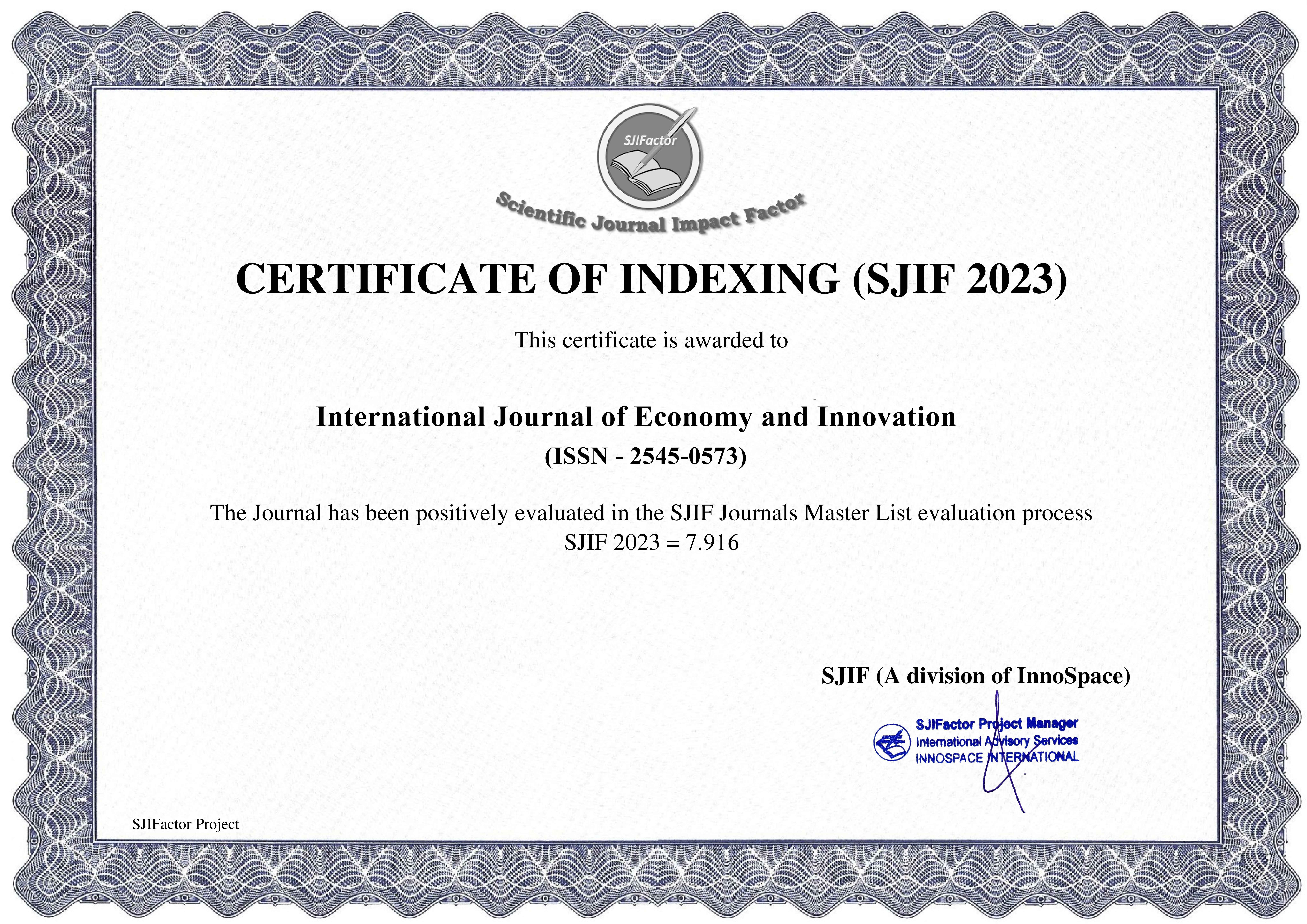LINGUOCOGNITIVE AND LINGUOCULTURAL CHARACTERISTICS OF PROVERBS AND LANGUAGES IN DIFFERENT LANGUAGES
Keywords:
linguoculturology, linguocognative, paremiology, anthroponym, adequateAbstract
In this article, the issue and problem of the interpretation of linguocognitive and linguocultural characteristics of proverbs and sayings in different systematic languages in the current linguistics is explained. In addition, the object of science is the anthroponyms of linguo-cultures. In our article, we identify and research the object of science, anthroponyms, proverbs and expressions, as well as proverbs, similes and metaphors in the Uzbek language. First of all, we will consider anthroponyms. Paremiologists have been researching cases where proverbs and sayings in different systematic languages are mutually adequate (similar) depending on their linguistic-cognitive and linguo-cultural characteristics, and some of them are proportional not only in terms of content, but also in terms of external structure and form.

















